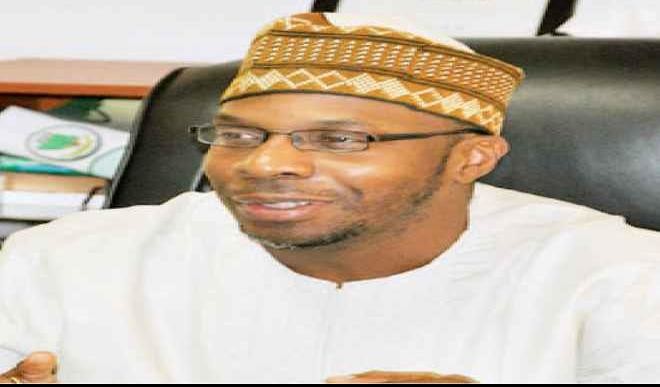Nigeria’s economy went into recession in 2016 because relevant authorities largely ignored data released by the National Bureau of Statistics (NBS) pointing out that the economy was heading in the wrong direction.
Speaking at the 2017 African Statistics Day held in Abuja, yesterday, the Statistician General of the Federation, Dr. Yemi Kale, said the NBS was proactive in identifying the dysfunctional state of the economy but the warning signs were ignored.
“Prior to our entry into recession in the 3rd quarter of 2015, careful monitoring and application of the data would have shown that the economy was heading in the wrong track but this was largely ignored, and the result was a very difficult recession, which affected the lives of households and their businesses across the country,” Kale, who was represented by the Director, Field Services and Methodology Department of NBS, Mr. Babayo Samanja, said.
Nigerian economy has returned to a growth path, growing at 1.40 per cent in the third quarter of 2017, from the 0.72 per cent recorded in the second quarter of the year.
The NBS boss said Nigeria must be cautious now that the country is out of recession as this is another opportunity to apply the economic statistics being published to measure the heart pulse of the economy.
“As a nation, these economic statistics are so critical in not just assessing the macroeconomic performance of our economy, but also in unlocking those hidden opportunities within our economy that need to be fully exploited and harnessed, in order to transform the lives of our citizens,” he said.
He observed that statistics on macroeconomic variables such as Gross Domestic Product (GDP) growth rate, savings, investment, interest rate, inflation, trade, unemployment, poverty, exchange rate, revenue and money supply are needed to guide decision-making processes.
Source: Daily Post





